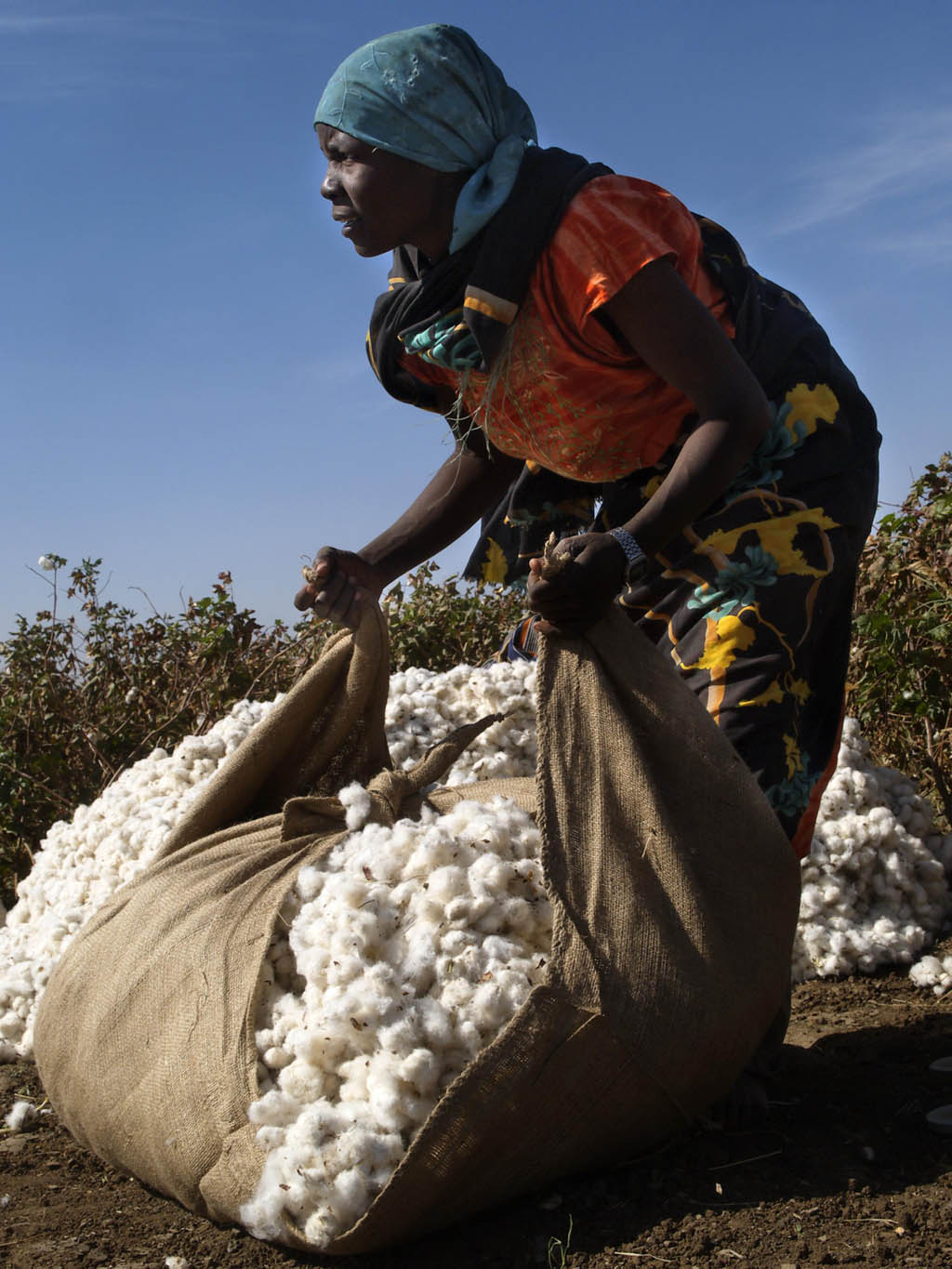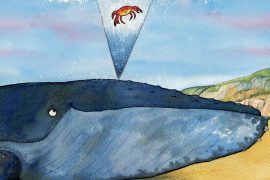
Tearfund CEO, Ian McInnes, said he was pleased to offer Kiwis a practical tool to help in reducing worker exploitation and alleviating poverty within the Asia-Pacific region.
“Too many garment factory workers in the developing world work long hours in oppressive conditions to make the clothes we wear. The low pay they receive traps them and their families in a cycle of poverty, and that’s quite frankly unacceptable. The Ethical Fashion Guide helps you make positive purchasing decisions and vote against this exploitation with your wallet.”
Tearfund’s Education and Advocacy Coordinator Claire Hart, who has been working on the guide over the last six months, says companies are assessed on 40 specific criteria across three critical stages of the supply chain. These are grouped into four themes: policies, knowing your suppliers, auditing and supplier relationships and worker empowerment.
She says there were three key areas of change from previous years; traceability, transparency and the provision of a living wage.
Traceability
Since 2013, there has been a 30% improvement in companies tracing second tier suppliers, while two-and-a-half-times more companies (45%) trace raw materials suppliers. However, just 7% of companies know where their cotton is coming from.
NZ’s Kathmandu were mentioned in the report as a standout performer in tracing raw materials; 81% of their cotton and 100% of their down.
Hart says it’s great to see a New Zealand company leading in one of the hardest tasks: tracing deep into their supply chain.
“Supply chains in the fashion industry are really complicated because a lot of subcontracting takes places and there are lots of different stages of production, so to trace right back through this maze is a real accomplishment.”
Transparency
The number of companies publishing full supplier lists has risen from 16% to 26% since last year alone.
Hart says NZ companies’ transparency rankings were below average as no NZ company publicly discloses their supply list.
“As consumers become more ethically conscious, it’s increasingly important for companies to have publicly available information on their supply chains. Unfortunately we’re lagging behind on this in New Zealand, so Tearfund is really looking forward to working with NZ companies to do this ahead of next year’s report.”
Living wage
The proportion of companies looking to improve wages continued to rise from 11% in 2013 to 42% this year. However, in most cases wages were still below a living wage and only applied to a portion of workers.
Kowtow were the only New Zealand company, and one of three companies internationally, to score in the A range in worker empowerment, which takes living wages into consideration.










